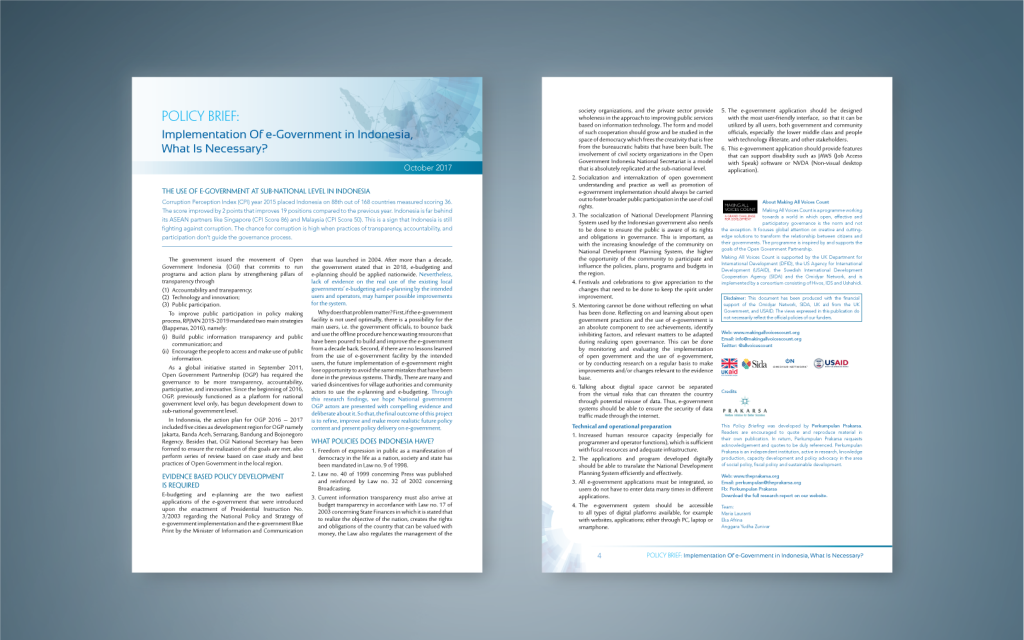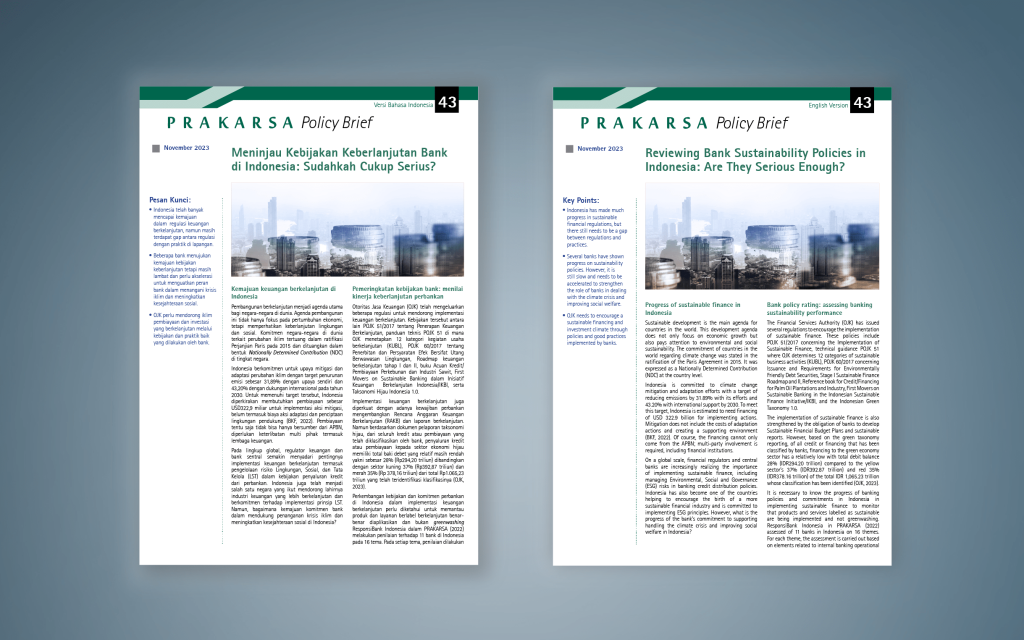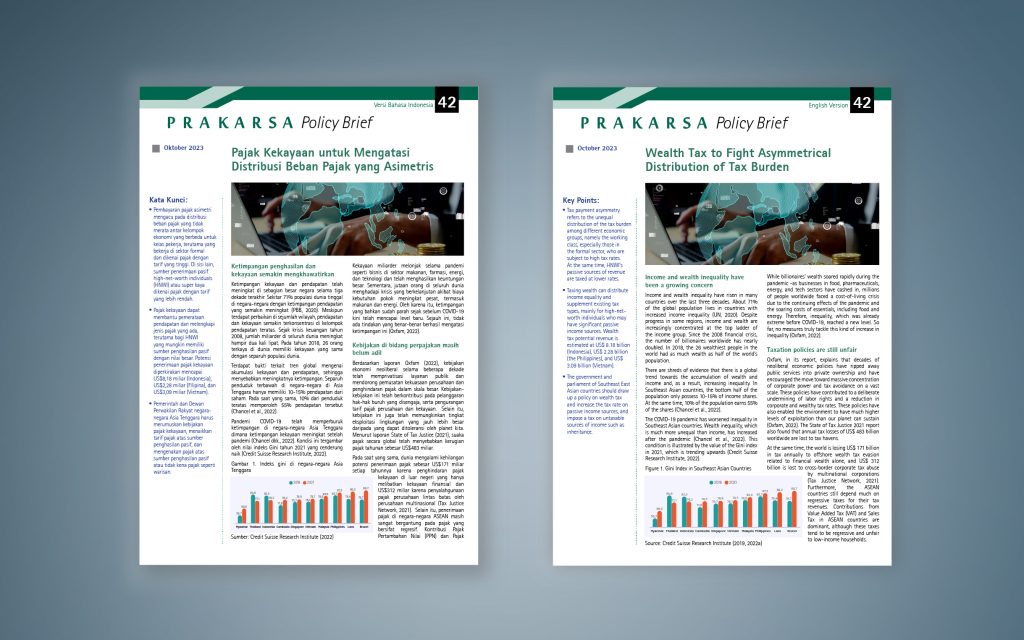
The 2015 Corruption Perception Index (CPI) placed Indonesia in 88th position out of 168 countries as measured by a score of 36. This score increased by 2 points, which means it rose 19 ranks compared to the previous year. Indonesia is still far behind other ASEAN countries such as Singapore (CPI score 86) and Malaysia (CPI score 50). This shows that Indonesia is still struggling against corruption. Opportunities for corruption are high when practices of transparency, accountability and participation are not guiding the governance process.
E-budgeting and e-planning are two early applications of e-government which were introduced at the enactment of Presidential Instruction No. 3/2003 concerning the National Policy and Strategy for the Implementation of e-government and the e-government Blueprint by the Minister of Information and Communication which was launched in 2004. After more than a decade, the government stated that in 2018, e-budgeting and e-planning must applied nationally.
However, the lack of concrete evidence of use of existing local government e-budgeting and e-planning by intended users and operators, could hinder the improvement of the system. Why is this issue important? First, if e-government facilities are not used optimally, it is possible for the main users, i.e. government officials, to revert to offline procedures and thus waste the resources that have been poured into building and improving e-government over the past decade. . Second, if no lessons can be learned from the use of e-government facilities by the intended users, then future e-government implementations will miss the opportunity to avoid the same mistakes that occurred in the previous system. Third, there are many and varied disincentives for village governments and community actors to use e-planning and e-budgeting. Through the findings of this research, we hope that central government OGP actors will be provided with strong evidence and will consider it. Thus, the end result of this project is to refine, refine and make future policy content more realistic and current policy delivery on e-government.



